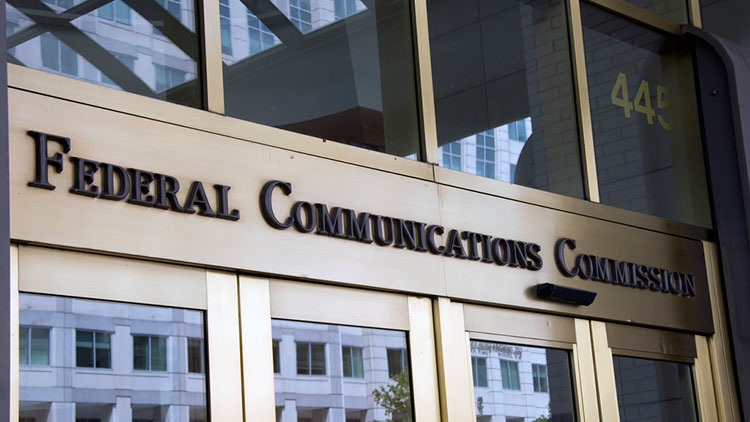FCC Dismisses Word Net Complaint Against Comcast

The smarter way to stay on top of broadcasting and cable industry. Sign up below
You are now subscribed
Your newsletter sign-up was successful
The FCC's Media Bureau has dismissed a complaint, filed by The Word Network (TWN), that Comcast had violated a condition of its merger with NBCU, saying it had to make a prima facie case, and did not, and that digital rights are not attributable interests that create an affiliation relationship.
The case was resolved by the Media Bureau under delegated authority.
TWN had alleged that Comcast discriminated against it by reducing its carriage without a valid business reason and by seeking exclusive digital rights to TWN online, which it said violated the nondiscrimination and financial interest conditions.
The Media Bureau said wrong on both counts, or at least a case had not been made.
"After reviewing the complaint, we find that TWN has failed to put forth sufficient evidence to establish a prima facie case that Comcast discriminated against it in violation of the non-discrimination condition by reducing distribution of TWN or by demanding exclusive digital rights to TWN’s programming," the Bureau said.
Word had to establish a prima facie case that Comcast had engaged in unlawful behavior. That means enough evidence for a ruling on the merits.
"We reject TWN’s assertion that, unlike a non-discrimination complaint brought under the program carriage rules, a complaint brought by a video programming vendor under the non-discrimination condition in the Comcast-NBCU Order does not need to make a prima facie case to the Media Bureau," the FCC said.
TWN had said that it was only required to show that Comcast's decision to reduce its carriage would not have happened but for the fact that it was not affiliated with Comcast."
The smarter way to stay on top of broadcasting and cable industry. Sign up below
But the bureau said that was wrong. "Nothing in the Comcast-NBCU Order suggests that the Commission intended to exempt a complainant from providing either direct or circumstantial evidence that the defendant MVPD discriminated on the basis of affiliation or non-affiliation," it said. The bureau said TWN failed to provide that evidence.
TWN argued that seeking exclusive digital rights was tantamount to asking it to become a digital affiliate of Comcast,
which it said was an unlawful discrimination based on non-affiliation because those rights exceed a threshold for attributable interest of an affiliate.
The bureau instead said that does not constitute an affiliation because digital rights are not an attributable interests, which are limited to "to certain specified common ownership [ownership or equity] or management interests."
Last December, TWN, a religious network targeted to African Americans, complained to the FCC (and FTC) about what it called "the unjust removal of The Word Network," as well as diversity and retrans-related issues."
The network said that after it contacted Comcast about the carriage reduction and asked about the reason, it was told "because we are Comcast, and we can."
Comcast executives speaking on background said that was not accurate.
The MSO attributed the reduction to an increase in distribution for The Impact Network, a minority-owned network also aimed at African-American viewers.
“We continuously evaluate the content we deliver to our customers," Comcast said in a statement at the time. "As part of this ongoing process, we determined that The Impact Network provides a broader array of programming than The Word Network, which led us to our decision to increase Impact’s distribution. We are also continuing to carry The Word Network to millions of our customers in the Midwest and South based on its appeal in those regions.”
Contributing editor John Eggerton has been an editor and/or writer on media regulation, legislation and policy for over four decades, including covering the FCC, FTC, Congress, the major media trade associations, and the federal courts. In addition to Multichannel News and Broadcasting + Cable, his work has appeared in Radio World, TV Technology, TV Fax, This Week in Consumer Electronics, Variety and the Encyclopedia Britannica.

